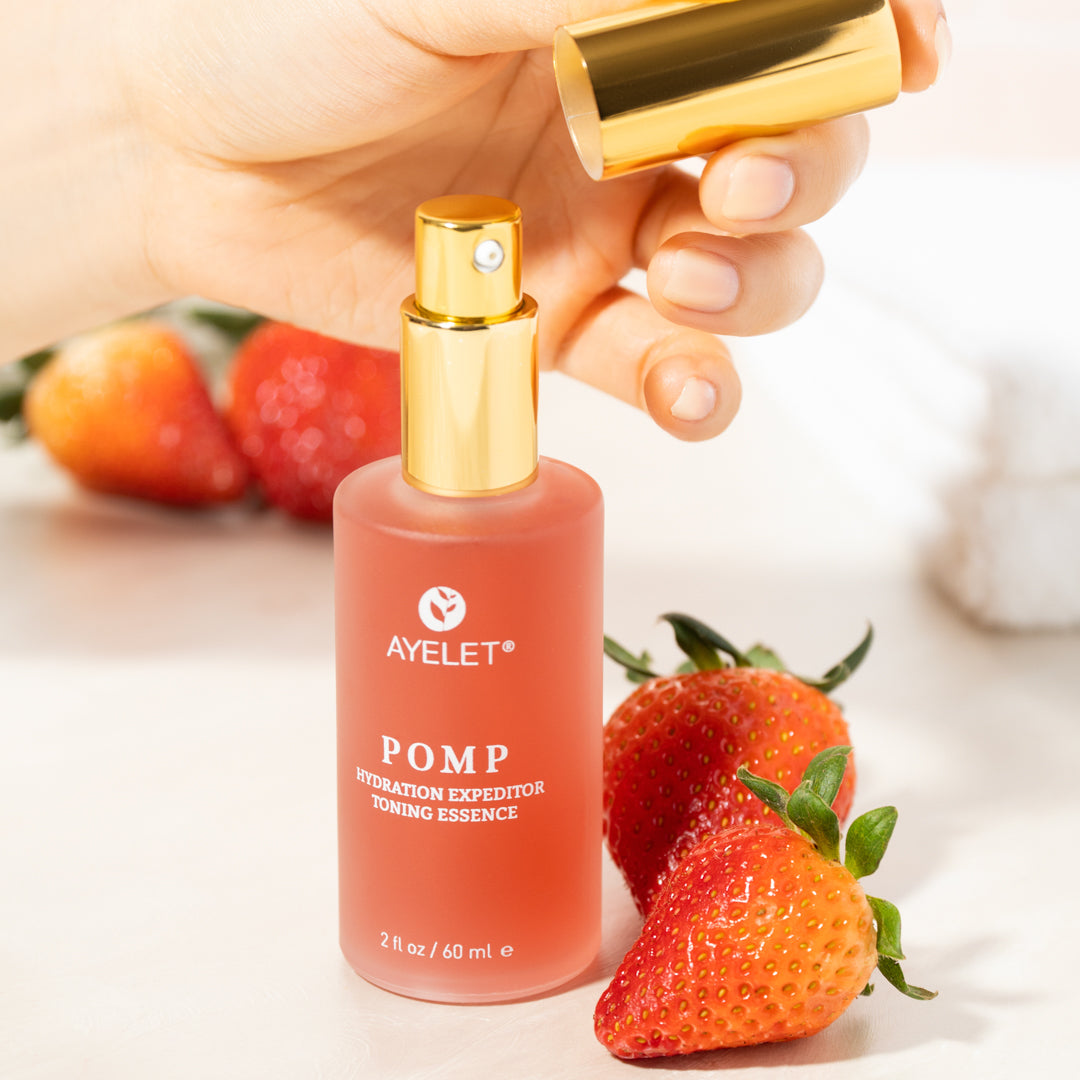The green beauty movement, also known as the clean beauty movement, has gained significant traction in recent years. This movement emphasizes transparency, sustainability, and the use of safer ingredients in beauty and skincare products. Here's an in-depth look at what clean beauty is, its origins, and how it compares to natural beauty. Additionally, we'll discuss why clean beauty is important, address criticisms, and provide tips for choosing clean beauty products.
What Is Clean Beauty?
Clean beauty refers to beauty and skincare products formulated without harmful ingredients. These products prioritize safety, efficacy, and environmental sustainability. Clean beauty products typically avoid synthetic chemicals like parabens, sulfates, phthalates, and synthetic fragrances, opting instead for naturally-derived, non-toxic ingredients.
How Did the Clean Beauty Movement Start?
The clean beauty movement began as a response to growing concerns about the potential health risks associated with conventional beauty products. Several factors contributed to its rise:
- Increased Awareness: Consumers became more informed about the ingredients in their beauty products and their potential health impacts.
- Scientific Research: Studies linking certain chemicals in beauty products to health issues spurred demand for safer alternatives.
- Environmental Concerns: The environmental impact of synthetic chemicals and non-sustainable practices in the beauty industry also fueled the movement.
- Influence of Thought Leaders: Influencers, bloggers, and celebrities advocating for clean beauty products helped spread the message.
Clean Beauty vs. Natural Beauty
While clean beauty and natural beauty are often used interchangeably, they have distinct differences:
- Clean Beauty: Focuses on safety and non-toxicity, regardless of whether ingredients are natural or synthetic. The primary concern is that ingredients should not harm human health or the environment.
- Natural Beauty: Emphasizes the use of ingredients derived from natural sources, such as plants, minerals, and animal by-products. Natural beauty products are often perceived as safer, but this is not always the case.
Why Is Clean Beauty Important?
- Health Benefits: By avoiding harmful chemicals, clean beauty products reduce the risk of skin irritation, allergies, and more severe health issues like hormonal disruption and cancer.
- Environmental Impact: Clean beauty brands often use sustainable sourcing and eco-friendly packaging, reducing their environmental footprint.
- Consumer Transparency: Clean beauty brands tend to be more transparent about their ingredient lists and sourcing practices, allowing consumers to make informed choices.
The Importance of Sustainability in Skincare
Sustainability in skincare is crucial for both environmental health and the long-term viability of the beauty industry. As consumers become increasingly aware of their ecological footprint, the demand for sustainable products has grown. Here's why sustainability in skincare is so important:
- Environmental Impact: The beauty industry has a significant environmental footprint, from the extraction of raw materials to manufacturing processes and packaging disposal. Sustainable practices help mitigate this impact by conserving resources, adopting eco-friendly packaging, and using energy-efficient production methods.
- Reduction of Harmful Chemicals: Many conventional skincare products contain chemicals that can harm both human health and the environment. Sustainable skincare prioritizes non-toxic ingredients and biodegradable formulations, reducing pollution and health risks.
- Ethical Sourcing and Fair Trade: Sustainable skincare often involves ethical sourcing of ingredients, ensuring fair labor practices and supporting local communities.
- Animal Welfare: Sustainability in skincare also encompasses cruelty-free practices, avoiding animal testing and using alternatives that do not harm animals.
- Long-term Industry Viability: By adopting sustainable practices, the skincare industry can ensure its longevity. Sustainable sourcing preserves biodiversity, and eco-friendly practices help brands adapt to regulatory changes.
Clean Beauty Criticisms
Despite its benefits, the clean beauty movement faces several criticisms:
- Greenwashing: Some brands market themselves as "clean" without adhering to strict standards, misleading consumers.
- Lack of Regulation: The beauty industry lacks consistent regulations regarding what constitutes "clean" beauty, leading to varying definitions and standards.
- Higher Costs: Clean beauty products can be more expensive due to the use of high-quality, sustainably-sourced ingredients.
How to Help the Clean Beauty Movement
- Educate Yourself: Learn about common harmful ingredients and read labels carefully.
- Support Transparent Brands: Choose brands that are transparent about their ingredients and practices.
- Advocate for Regulation: Support initiatives aimed at establishing clear standards and regulations for clean beauty products.
-
Reduce Waste:
- Opt for products with minimal or recyclable packaging.
- Choose refillable or multi-use products.
- Participate in recycling programs offered by beauty brands.
-
Practice Conscious Consumerism:
- Buy only what you need and use up products fully before purchasing new ones.
- Prioritize quality over quantity to reduce waste and save money in the long run.
-
Spread the Word:
- Share information about clean beauty with friends and family.
- Use social media to highlight clean beauty products and practices.
-
Support Non-Profit Organizations:
- Donate to or volunteer with organizations that promote clean beauty and environmental sustainability.
- Support research and advocacy groups working to improve regulations in the beauty industry.
Advice for Choosing Clean Beauty Products
- Read Ingredients: Familiarize yourself with common harmful chemicals to avoid.
- Do Research: Use resources like the Environmental Working Group (EWG) database to research products and their safety ratings.
- Patch Test: Always patch test new products to ensure they don't cause adverse reactions.
- Seek Recommendations: Follow reputable clean beauty bloggers and influencers for product recommendations and reviews.
Closing Thoughts on Clean Beauty and Skincare
The green beauty movement is reshaping the beauty industry by prioritizing safety, transparency, and sustainability. By making informed choices and supporting ethical brands, consumers can contribute to a healthier and more environmentally-friendly beauty landscape. As the movement continues to grow, it's crucial to remain vigilant against greenwashing and to advocate for clearer regulations to ensure the integrity of clean beauty products. Embracing clean beauty not only benefits personal health but also contributes to the well-being of our planet, making it a truly worthwhile endeavor for conscientious consumers.


